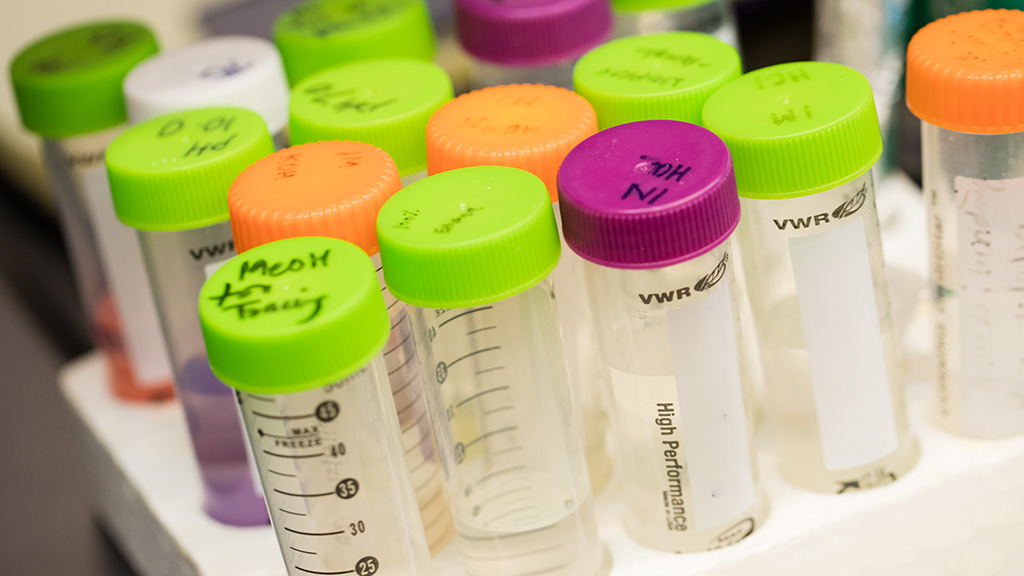B-cell regulation and antibody diversification
Our central goal is to understand the mechanisms by which B-cells diversify their genome to elicit a protective immune response against pathogens. We are particularly interested in how this process, called antibody diversification, can lead to the formation of hematological cancers, including lymphoma, leukemia, and multiple myeloma.
Antibody diversification relies, in part, on the formation of programmed DNA lesions in the immunoglobulin genes, in particular DNA double-strand breaks, to favor genetic diversity. When this mechanism is non-functional, it can result in immunodeficiency syndromes and recurrent infections. Unfortunately, this process can also trigger genomic rearrangements, for instance, chromosomal translocations that fuel the formation of B-cell cancers.
We are particularly interested in:
- Elucidating how DNA repair pathways are regulated, particularly in B-cells, to allow antibody diversification while preserving genomic integrity.
- Determining how their dysregulation promote the development of different disorders, including B-cell malignancies and immunodeficiency syndromes.
- Identifying novel biomarkers and drug targets for the treatment of patients affected by these diseases.
Our ultimate goal to provide better care for patients affected by haematological malignancies and immunodeficiency syndromes. If this area of research interests you, feel free to contact us to find out how you could help.
Research Funding
Our lab operates thanks to the support of:
Canadian Institutes of Health Research
The Leukemia & Lymphoma Society of Canada
For a detailed listing, visit our grants page.


